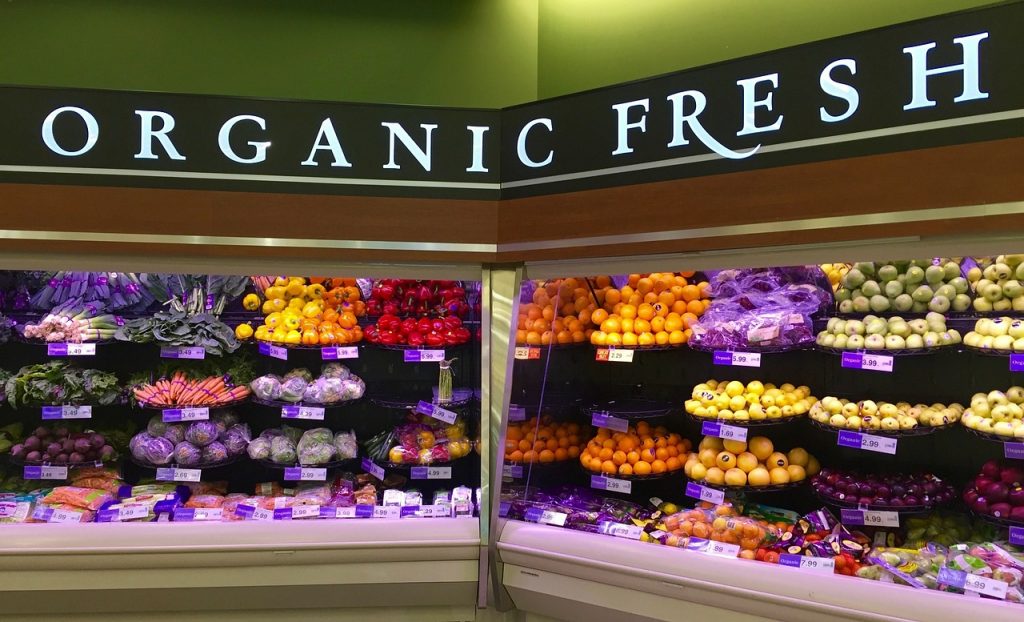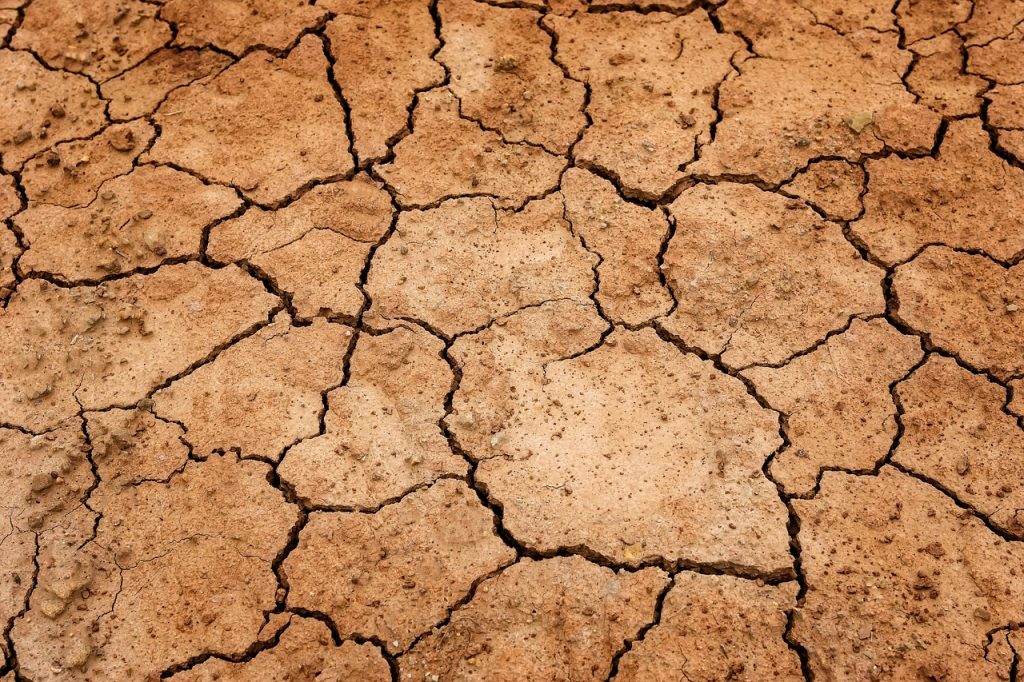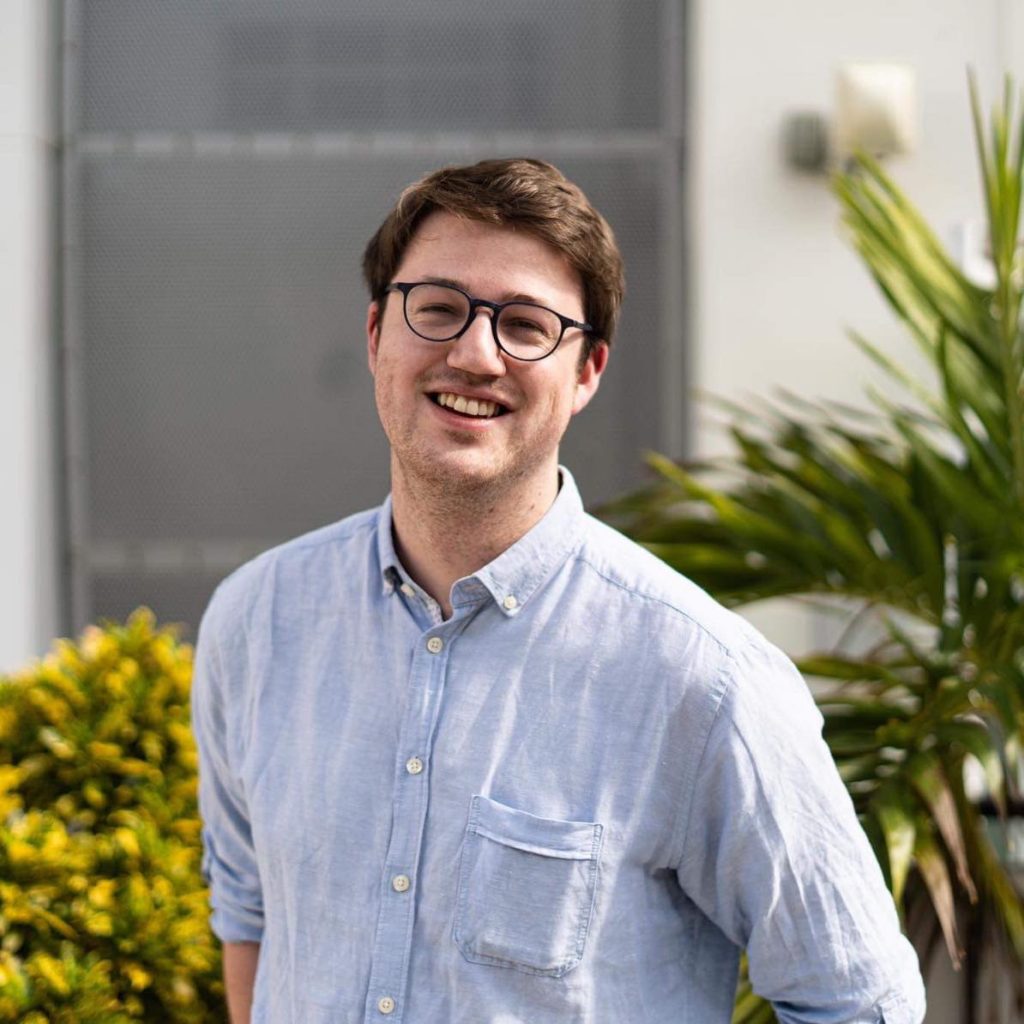Author: Zoltán Kész
Agriculture is an issue which is viewed very differently depending on which European country you look at it from. Whether it is the subsidies or the methods, it seems like there is no real understanding among all the EU member states. In this edition of the CEA Talks podcast, host Zoltán Kész is joined by Bill Wirtz, senior policy analyst at the Consumer Choice Center.
Mr Wirtz starts by saying that in agriculture, currently there have been very interesting developments, for example the ‘farm to fork’ policy. As for beginners, often the European Union establishes framework, which is essentially telling us where we want to go and then it creates legislation to make it happen: “The ‘farm to fork’ strategy is essentially what I would call the most significant overhaul of agriculture in the history of the European Union. Listeners will know that depending on the budget between 30 and 40% of the EU budget It’s already given out and subsidies to farmers and now the EU gets into the policy of how is the food produced and what exactly is the output that we have there so the farm to fork strategy publishes very ambitious targets to reach, it also tries to be part of the European Green Deal and reach sustainability goals.” The CCC experts argues that the strategy wants to cut synthetic pesticide use half by 2030, cut the fertilizer use half, as well as increase organic agriculture production to 25%. Presently, organic agriculture represents about 4% in the US, while this number is 8% in Europe. However, it’s quite divided between countries so if you’re in Bulgaria and if you go to the supermarket, the likelihood of you finding organic food products is quite low because it represents about 0.3% of the overall market, but in Germany or in Austria (where the organic agriculture is about 25%), you have entire an supermarket chain dedicated to organic food, and essentially, this is where we bump into some issues.
Mr Wirtz starts by saying that in agriculture, currently there have been very interesting developments, for example the ‘farm to fork’ policy. As for beginners, often the European Union establishes framework, which is essentially telling us where we want to go and then it creates legislation to make it happen: “The ‘farm to fork’ strategy is essentially what I would call the most significant overhaul of agriculture in the history of the European Union. Listeners will know that depending on the budget between 30 and 40% of the EU budget It’s already given out and subsidies to farmers and now the EU gets into the policy of how is the food produced and what exactly is the output that we have there so the farm to fork strategy publishes very ambitious targets to reach, it also tries to be part of the European Green Deal and reach sustainability goals.” The CCC experts argues that the strategy wants to cut synthetic pesticide use in half by 2030, cut the fertilizer use half, as well as increase organic agriculture production to 25%. Presently, organic agriculture represents about 4% in the US, while this number is 8% in Europe. However, it’s quite divided between countries so if you’re in Bulgaria and if you go to the supermarket, the likelihood of you finding organic food products is quite low because it represents about 0.3% of the overall market, but in Germany or in Austria (where the organic agriculture is about 25%), you have entire an supermarket chain dedicated to organic food, and essentially, this is where we bump into some issues.

Photo credit: Pixabay
Related to Central and Eastern Europe, Mr Wirtz mentions that the region is described as one “lagging behind”, in terms of organic farming and consumption. Not enough organic production, as well as the high use of synthetic pesticides are mentioned here. He also says that the region has been at the forefront of questioning the real effects of farm to fork and whether we should implement this because it’s more of a political goal than a scientific goal. The Czech Republic, Slovakia and Slovenia raised concerns on whether this is something we should do because the strategy was drafted before COVID or the War in Ukraine: “While the world turned to its toes the EU has not yet adapted its predictions of what is going to happen with the project. As these events show, our food system is quite dependent on, as Ukraine being the EU’s main trade partner for non-GMO soybeans, 41% of rapeseed, and 26% of honey. In fertilizers, we usually get nitrogen-based fertilizers from Russia, which provides about 25% of the world’s exports but currently under sanctions. So, as we look at the situation, we realize that huge chunks of our agricultural dependency is currently unavailable. So, if our imports are compromised but at the same time the farm to fork strategy wants us to reduce farmland by 10% these ideas just do not add up at the moment. In my opinion, especially countries in Central and Eastern Europe are and will be experiencing this loss of trade.”
As an analyst at the Consumer Choice Center, Mr Wirtz also emphasized the important work his organization is doing in the European Union in order to change the policy. He says that “In general, as any organization should require from legislation is sort of an impact assessment, basically asking them to tell us what happens if you do this, and at least create awareness for the public, and a common line of understanding. However, the EU’s impact assessments have been very charitable towards their own strategies. Fortunately, we have more unbiased data on this. The USDA did an impact assessment as to what happens if the EU implements this: production down at 12%, food prices up by 17%, exports down by 20%, and it would cost us about $71 billion. So, while this is obviously very concerning, we’ve been asking policymakers to request an impact assessment which not only considers all implications of this strategy but also takes into account the effects of COVID and the war in Ukraine. Before it had a chance, but now with many trading partners unavailable, it is just impossible. The problem is that some political people have staked their reputation on these projects (an unfortunate reality of Brussels politics in general when in the departments or some policy makers act based on their own political reputation, they need legislation to pass, because without it, they have nothing to show.“

Photo credit: Pixabay
When asked about future agricultural innovations, Mr Wirtz responded that they found a lot of the solutions that do address these problems including reducing synthetic pesticide. The use of genetic engineering is a prevalent option. He states that “Emmanuel Charpentier, French scientist who has done research at the Max Planck Institute in Germany. With the scientist from the University of California they developed breakthrough gene editing technology. Essentially it works by removing undesirable DNA from a crop so that it responses to weather changes better by making it more resilient as an example. What people generally known as GMO (genetically modified organisms) uses ‘transgenesis’, which combines DNA from multiple organisms to improve them in a desired way. Now gene editing is the is newest of the new what we have there and what we can do in solving food production problems. The technology is quite amazing, you can make nuts that don’t cause allergies for people who have nut allergies, you can make gluten-free wheat, you can make all the crops more resistant so that they need less water and so on. As a result of that and what you end up with is you produce more food with less resources and I think that’s the amazing story of humanity in a way, because if you think about it, even though we have virtually used up all the available land for agriculture, this technology not only allows us to feed a growing population, but do so with less resources and on lass overall land. I think that’s truly amazing that we have the technology to produce food that is affordable, safe, and reliable, and I think that’s the route we should go down unfortunately right now that’s still restricted by legislation, but I see some positive input coming from EU of people who want to change that.”

Bill Wirtz is the Senior Policy Analyst at the Consumer Choice Center. He focuses on agriculture, and publishes on the issue in media outlets in Europe and the United States.
Photo credit: Civitas Institute



